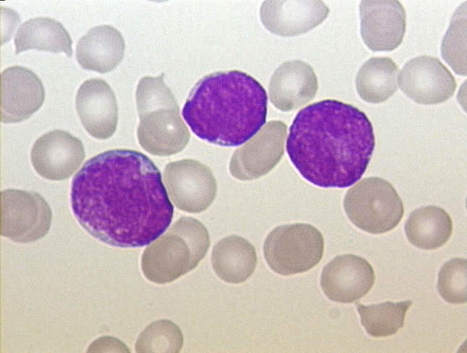Imagine you’re a scientist who needs to discover a new antibiotic to fight off a scary disease. How would you go about finding it?
Typically, you’d have to test lots and lots of different molecules in the lab until you find one that has the necessary bacteria-killing properties. You might find some contenders that are good at killing the bacteria only to realize that you can’t use them because they also prove toxic to humans. It’s a very long, very expensive, and probably very aggravating process.
But what if, instead, you could just type into your computer the properties you’re looking for and have your computer design the perfect molecule for you?
That’s the general approach IBM researchers are taking, using an AI system that can automatically generate the design of molecules for new antibiotics.
In a new paper, published in Nature Biomedical Engineering, the researchers detail how they’ve already used it to quickly design two new antimicrobial peptides — small molecules that can kill bacteria — that are effective against a bunch of different pathogens in mice.
Normally, this molecule discovery process would take scientists years. The AI system did it in a matter of days.
That’s great news, because we urgently need faster ways to create new antibiotics.
How IBM’s AI system works
IBM’s new AI system relies on something called a generative model. To understand it at its simplest level, we can break it down into three basic steps.
First, the researchers start with a massive database of known peptide molecules.
Then the AI pulls information from the database and analyzes the patterns to figure out the relationship between molecules and their properties. It might find that when a molecule has a certain structure or composition, it tends to perform a certain function.
This allows it to “learn” the basic rules of molecule design.
Finally, researchers can tell the AI exactly what properties they want a new molecule to have. They can also input constraints (for example: low toxicity, please!). Using this info on desirable and undesirable traits, the AI then designs new molecules that satisfy the parameters. The researchers can pick the best one from among them and start testing on mice in a lab.
The IBM researchers claim that their approach outperformed other leading methods for designing new antimicrobial peptides by 10 percent. They found that they were able to design two new antimicrobial peptides that are highly potent against diverse pathogens, including multidrug-resistant K. pneumoniae, a bacterium known for causing infections in hospital patients. Happily, the peptides had low toxicity when tested in mice, an important signal about their safety (though not everything that’s true for mice ends up being generalizable to humans).
read the original unedited article at https://www.vox.com/future-perfect/22360573/ai-ibm-design-new-antibiotics-covid-19-treatments
read the paper by the IBM researchers - Accelerated antimicrobial discovery via deep generative models and molecular dynamics simulations



 Your new post is loading...
Your new post is loading...









